Jason Goodwin: The day the Germans tried French and English in Scotland
Still-fresh memories of the recent World Cup spark happy recollections for Jason Goodwin of a multi-national day in the Hebrides.
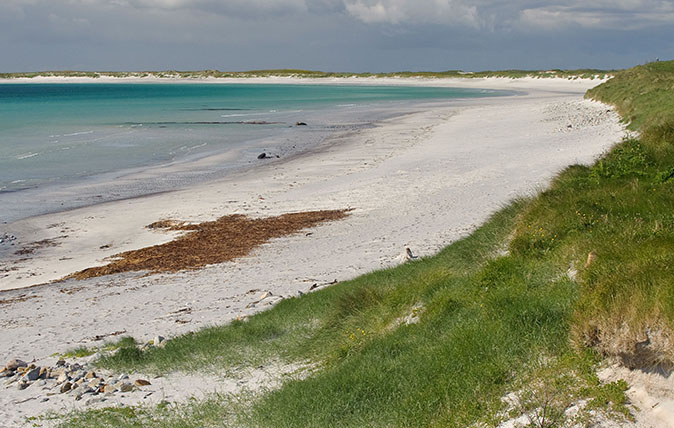
We lost with honour and France triumphed. It reminded me of a happy summer on South Uist. The weather was perfect and the sea was every shade of aquamarine and azure blue. Light airs played across the machair, scintillating the flowers, and the beaches glittered with finely polished sand. Our party spent its waking hours by the sea, making camp in a hollow between the dunes, praying for the wind to blow lest the midges begin to rise. We could see them hopping through the marram grass.
One day, we saw a tent pitched on the lip of the dunes, above the beach. The Hebrides don’t get too many visitors, but those that come are often more international than you’d expect: Indian philology professors and their families, say, or Spanish cyclists.
One year we befriended a young piper, competing in the piping gorsedd, who had come all the way from his hometown on the Argentine Pampas; and on our departure he piped us a lament, Leaving Lochboisdale, as the ferry pulled away, standing sentinel on the quay at dawn.
"They were disarmingly German. Their bicycles were lean and polished, their kit exemplary... Even their self-erecting tent was chic and black."
Hans and Otto were charming, dedicated young ornithologists, making their way across the Outer Hebrides by bicycle and zooming in on rare northern seabirds and the corncrake, which has been rescued from oblivion by the islanders’ willingness to stook the hay on their small fields. Hans and Otto are not supposed to be their real names, but may be.
They were disarmingly German. Their bicycles were lean and polished, their kit exemplary. Everything seemed to match, made of finely engineered aluminium, powder-coated in matte black: water bottles, mess tins and a camping stove that folded away to something scarcely bigger than a matchbox. Even their self-erecting tent was chic and black. Our own day camp, littered with pots and watchful dogs, baskets spilling blankets and towels, bottles wedged in the sand and greasy grills underfoot, looked more like the baggage train of a retreating Jacobite army.
Otto and Hans had been living on freeze-dried rations, meticulously planned in some Bavarian institute to provide a full, balanced intake of minerals and vitamins, but they tucked into sausages, ketchup and Tunnocks teacakes with the same enthusiasm they showed for a fledgling corncrake.
"There are occasional hospitalisations. At the very least, you wake next morning with your feet in agony"
After lunch, we played the usual game of French and English, to be followed by an icy dash into the low waves of the north Atlantic. It’s a version of Kick the Can, with two teams separated by a line in the sand and bases marked by spades and towels, where you can bring your prisoners or free them.
Exquisite houses, the beauty of Nature, and how to get the most from your life, straight to your inbox.
Played with a stiffening of young children scattered through the teams, it can get quite frightening: grown women collapse into jellies on the strand and over-eager men, suddenly liberated from pen-pushing, year-round jobs, keel over with snapped hamstrings and pulled tendons. There are occasional hospitalisations. At the very least, you wake next morning with your feet in agony, ready for the next encounter.
Teams were selected in the traditional manner by everyone standing in line according to height. Alternate players step forward. Hans and Otto were separated and we explained what are aptly called the rudiments of the game, because it has no refinements.
Or so I thought. We were at a lull, minutes into the match, points scored, heroic runs made, when Otto, or it might have been Hans, sidled up to me.
‘This game, French and English,’ Hans (or Otto) said. ‘Before we came, you call it Germans and English, no? But change it, for us?’
They were nice fellows, and played well, but shockingly naïve, promoting their country like that.

Credit: Alamy
Jason Goodwin: 'We have books all over the floors and carpets on the furniture'
Our columnist Jason Goodwin talks about jam jars, duvets and the books which are taking over his house.
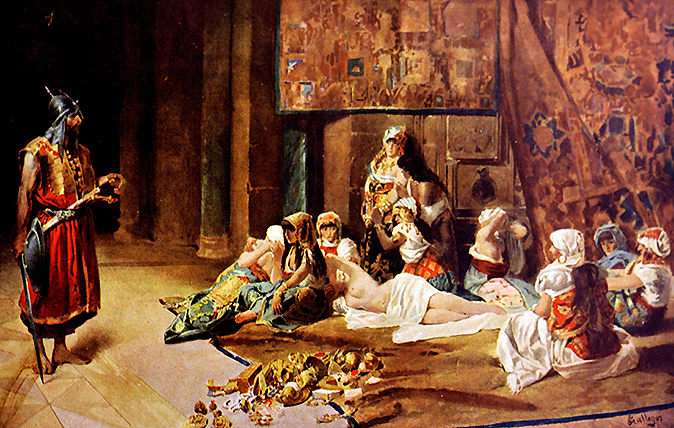
Jason Goodwin: The upside of life in a harem, and modern-day slavery on the King's Road
Our columnist Jason Goodwin considers the realities of everyday existence for the women kept in 18th century Ottoman harems.
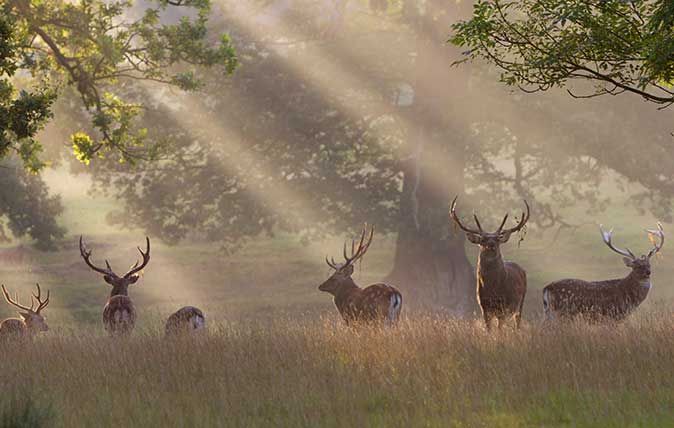
Credit: Alamy
Jason Goodwin: How to turn a majestic but unlucky deer into a freezer-full of meals
Our columnist Jason Goodwin makes the most of a bit of A35 roadkill – with a little help from Christian Dior.
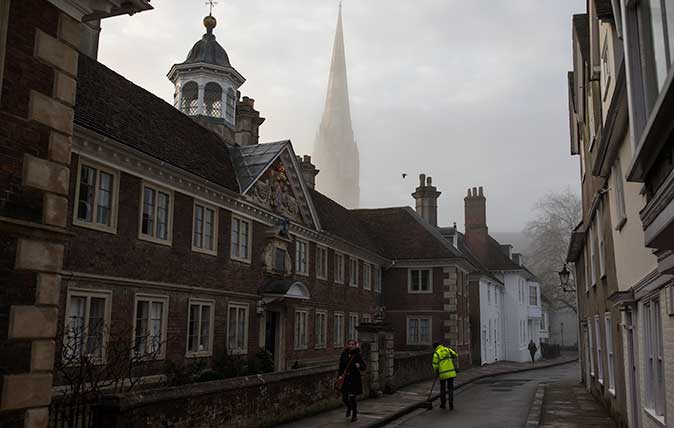
Credit: Getty
Jason Goodwin: 'There was nothing there. The original message from St Petersburg, Sergei’s emails, the thank-you email. All gone.'
Our columnist Jason Goodwin recounts a chilling tale of his own brush with the Russians in Dorset.
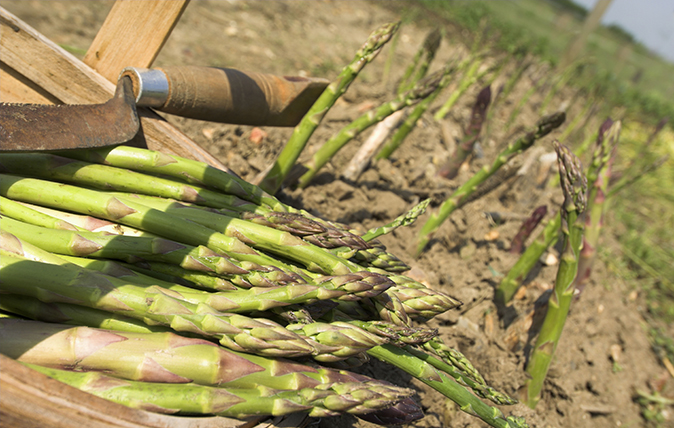
Jason Goodwin: ‘After a year, absolutely nothing had happened – not a shoot, not one feathery frond’
Our Spectator columunist keeps the faith in his asparagus bed.